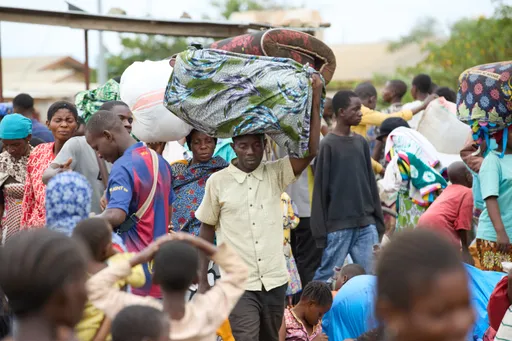People of African descent are still facing "immense challenges" in participating meaningfully in public affairs in many countries due to "systemic racism, marginalisation and exclusion often rooted in the legacies of enslavement and colonialism," the UN Human Rights Office has said.
The report states that "systemic racism continues to affect negatively people of African descent in all aspects of life," the OHCHR said in a statement on Tuesday.
Deaths of individuals of African descent during or after interactions with law enforcement persist, it noted and indicated that minimal advancements have been achieved in dealing with impunity – regardless of prolonged battles by families demanding responsibility and competent resolution.
"If systemic racism is to be overcome, states must accelerate action towards meaningful, inclusive and safe participation for people of African descent in every aspect of public affairs," UN High Commissioner for Human Rights Volker Turk said.
"A critical starting point is for states to ensure that the needs, experiences and expertise of people of African descent are central to policymaking, implementation and evaluation," he said. "Nothing about them without them," he added.
Obstacles
The report showcases concrete examples of initiatives implemented to encourage participation of people of African origin in public affairs in some nations, the statement said.
It also acknowledged the active obstacles and the absence in several nations of "a safe and enabling environment empowering people of African descent to participate and share their experiences and expertise to influence decision-making."
"Racial abuse and discrimination, surveillance, harassment, intimidation, arrests and violence against people of African descent and civil society actors of African descent hinder meaningful, inclusive and safe participation for people of African descent in public affairs in many countries," Turk said.
He urged states to disclose multipronged comprehensive evidence-based legal, policy and institutional approaches to eradicate structural racism in every aspect of existence, including law enforcement.
The report is to be formally introduced to the UN Human Rights Council on October 5.
























